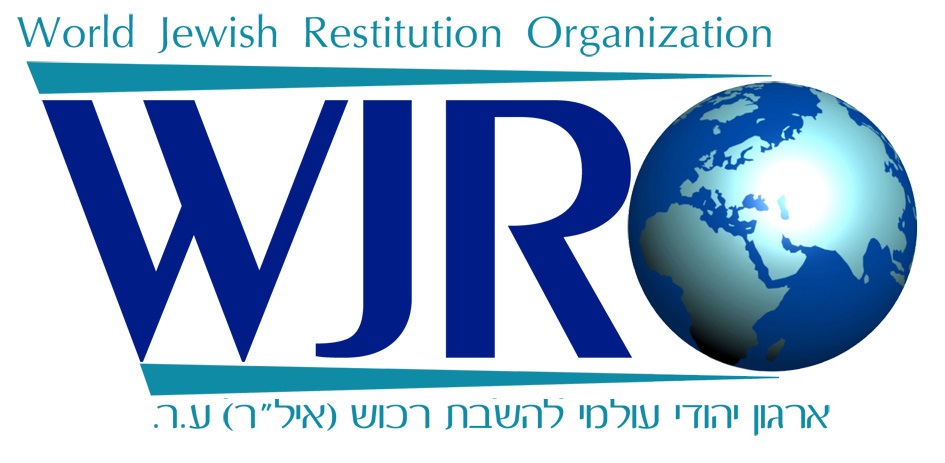
WJRO Concerned About Polish Government Decision to Return Property Law to Ministry of Justice; Urges Speedy Passage of Just and Fair Legislation
February 14 – The World Jewish Restitution Organization (WJRO) called on the Government of Poland to move forward quickly with improved legislation to address property confiscations. This came after the Polish Council of Ministers yesterday returned draft legislation to the Ministry of Justice for reconsideration.
“We are concerned that this administrative step will delay passage of this legislation. Elderly Jewish and non-Jewish claimants who have waited over 70 years for justice for their lost property cannot wait any longer,” said Gideon Taylor, WJRO Chair of Operations. “We urge the Government of Poland to quickly pass amended legislation that is just and fair for all who lost property, including Polish survivors of the Holocaust and their families.”
In October 2017, the Polish Ministry of Justice published draft legislation announcing that it would be passed by the end of 2017. WJRO expressed its disappointment that the Ministry’s proposal would exclude the vast majority of Holocaust survivors and their families.
WJRO’s position paper, as submitted to the Ministry of Justice, can be found here.
According to the text published by the Ministry of Justice, the legislation would:
- Require that claimants currently be citizens of Poland today. In addition, it would require that they have been residents in Poland at the time that their property was nationalized by the Communist regime. These provisions would exclude the vast majority of Holocaust survivors, and their families, who left Poland during the Holocaust or in its aftermath and now live outside Poland.
- Exclude heirs, other than spouses and first line heirs (i.e. children, grandchildren). This unprecedented exception to existing Polish succession rules would disproportionately harm heirs of victims of the Holocaust. Because of the devastation of the Holocaust, non-linear heirs, such as siblings or nieces and nephews, were often the only remaining heirs to Jewish properties.
- Bar claims by foreign citizens if they were eligible for compensation under postwar bilateral treaties between their country and Poland – even if they did not file claims. Most survivors were not eligible to file claims under these treaties, but even those who were eligible often did not know to file claims as they sought to rebuild their lives after the Holocaust.
- Prevent people from filing claims for their property if owned through shares in a corporation.
- Establish a short one-year claim period after which property would be transferred to the Polish Treasury.
- Eliminate the possibility of return of the actual property, or of substitute property and limit compensation to 20% of the value of the property in cash or vouchers, or 25% in government bonds.
The proposed legislation, in Polish, can be found at the Ministry of Justice website.
Since 1993, the WJRO has urged the Government of Poland to address the issue of Holocaust-era restitution in a comprehensive manner. Roughly half of the Jews who perished in the Holocaust were Polish – approximately 3 million Polish Jews were killed in the Holocaust, 90% of the Polish Jewish population. Poland is the only major country in Europe that has not passed national legislation for the restitution of property unjustly seized by the Nazis and/or nationalized by the Communist regime.
For media inquiries please contact pr@wjro.org.il





